Schindler's Witch: The woman who saved hundreds of lives
Categories: Africa
By Pictolic https://pictolic.com/article/schindlers-witch-the-woman-who-saved-hundreds-of-lives.htmlShe was considered a witch, but it was thanks to this that she saved hundreds of people from certain death. So the embodied evil creates a very real good!
The population of Rwanda, a small state in East Africa, is smaller than in Moscow. It's hard to believe that one of the most terrible and bloody events in the world took place there. The 1994 genocide in Rwanda is considered one of the most horrific.
(12 photos in total)
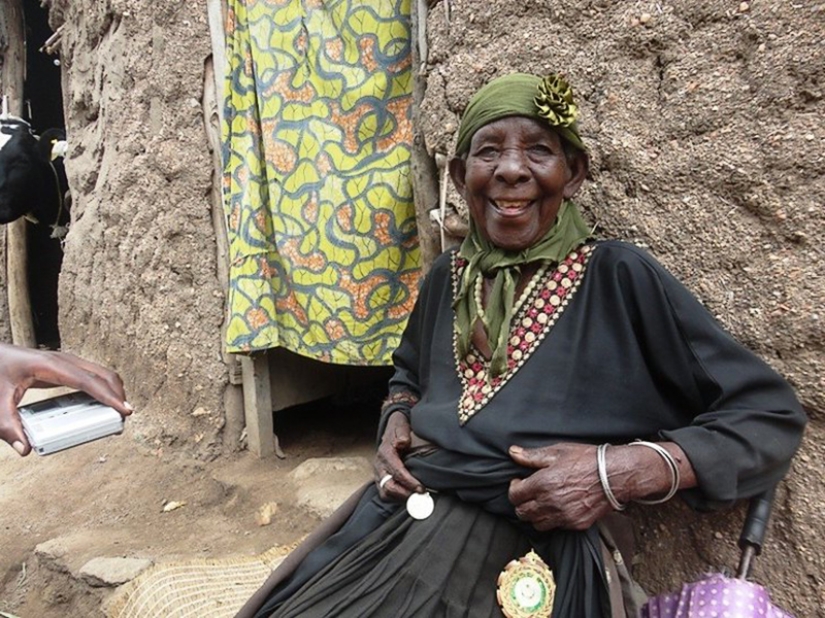
Source: cosmo.ru
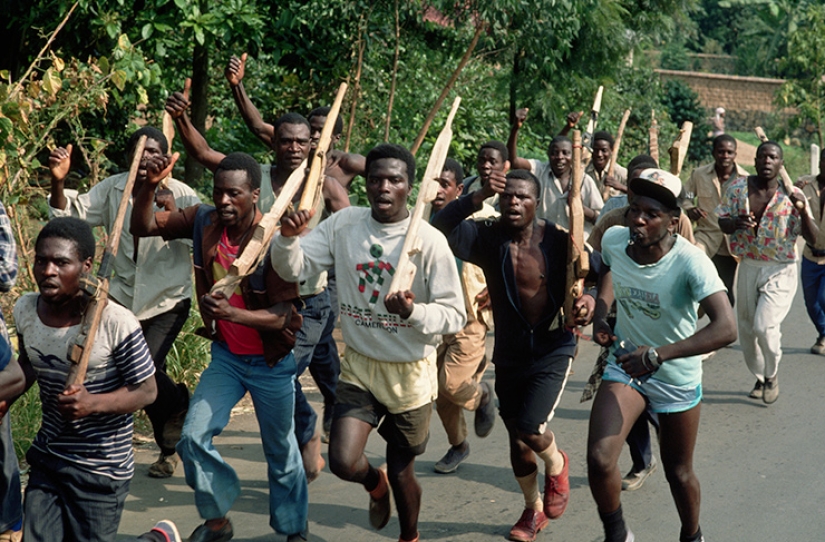
Rwanda has historically had two ethnic groups: Tutsi and Hutu. Hutus then and now made up the numerical majority of the population. The difference between them is almost not noticeable. Hutus are slightly shorter and with a darker skin color than Tutsis. Once the Tutsis were the ruling aristocratic elite — they were more respected and wealthy.
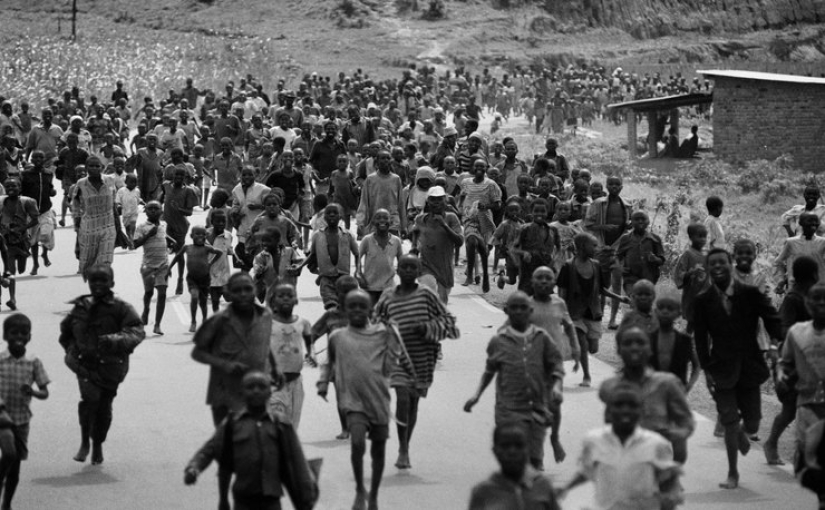
On April 6, 1994, after the death of the Presidents of Rwanda and Burundi, the Tutsi massacres began.
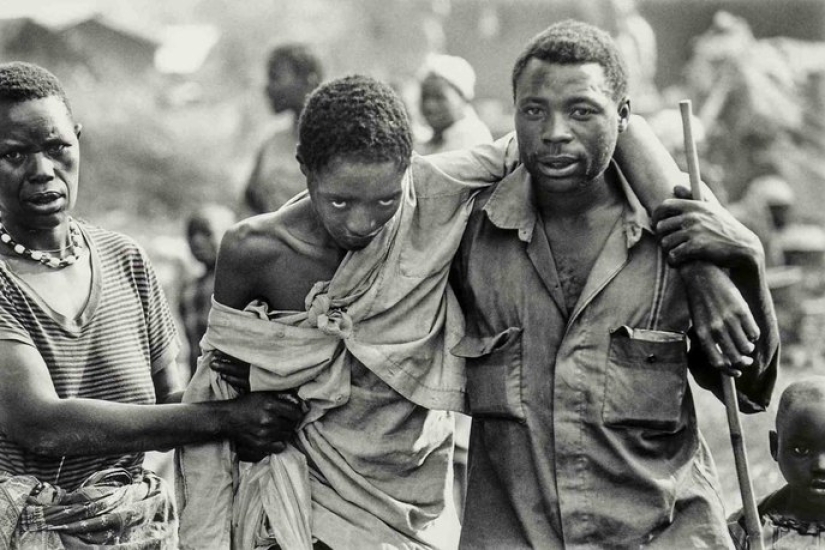
In three months, about a million people were killed — the genocide in Rwanda surpassed the German death camps in terms of speed and brutality of killings. The mass media, radio and newspapers fueled the hatred of one ethnic group for another. Hundreds of thousands of Hutus — from peasants, workers and housewives to lawyers, teachers and priests — picked up machetes and machine guns and went to kill former neighbors and friends.
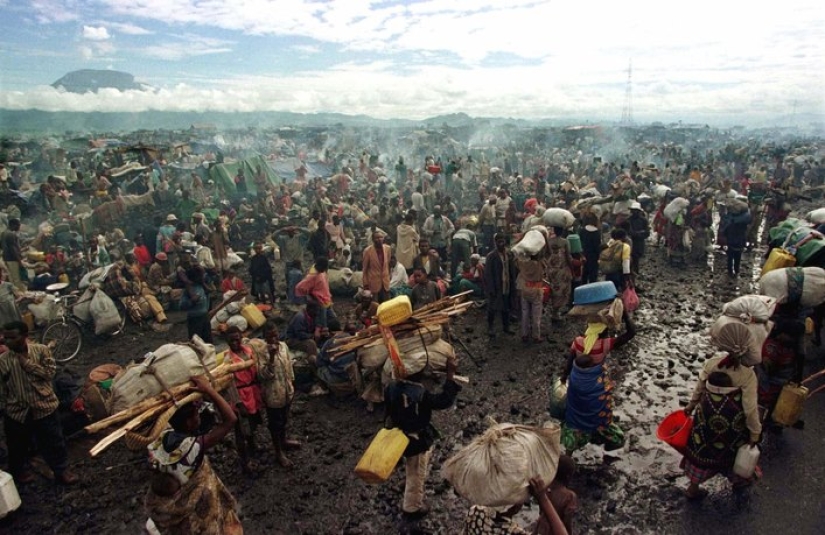
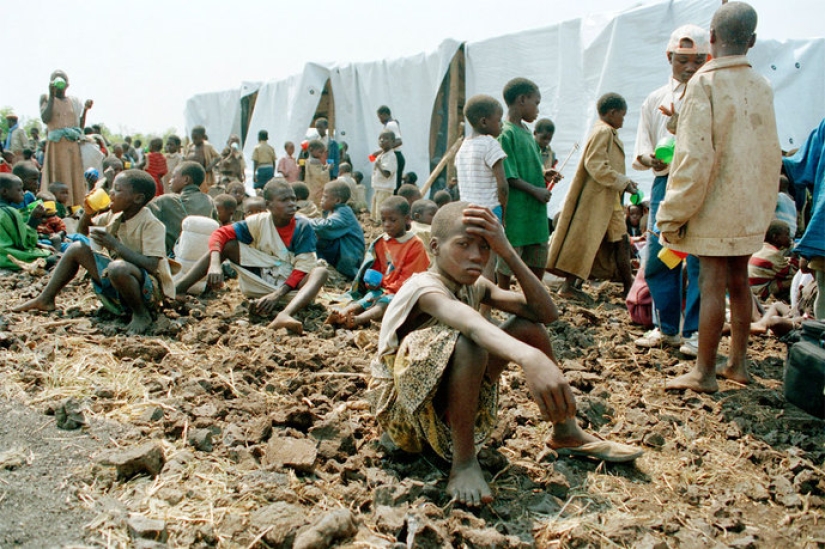
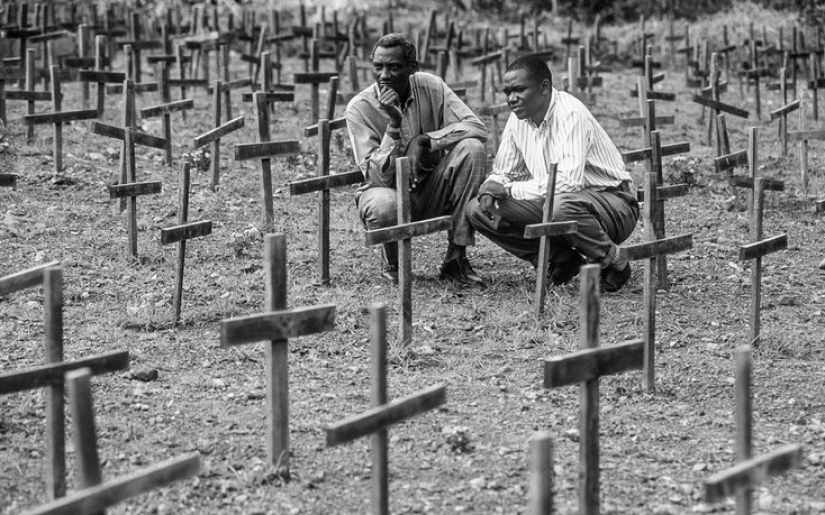
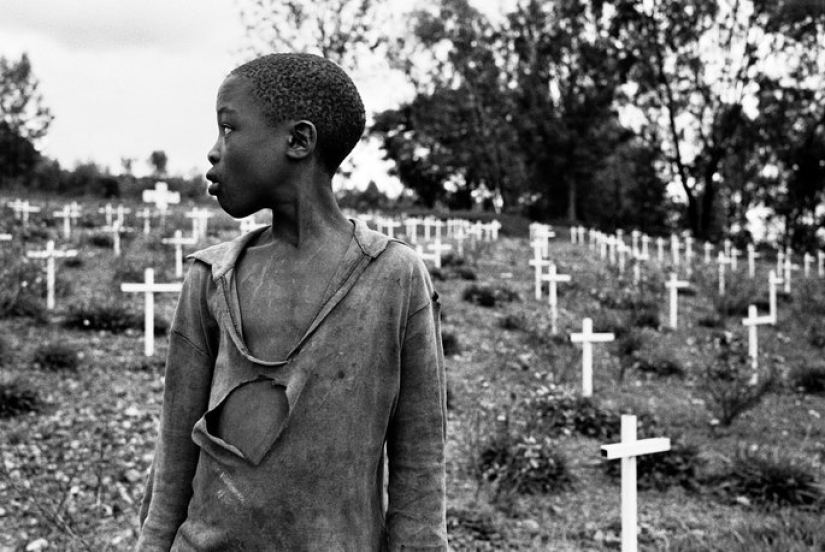
But even in such a hell, there were people who were willing to risk themselves and go against the bloody machine.
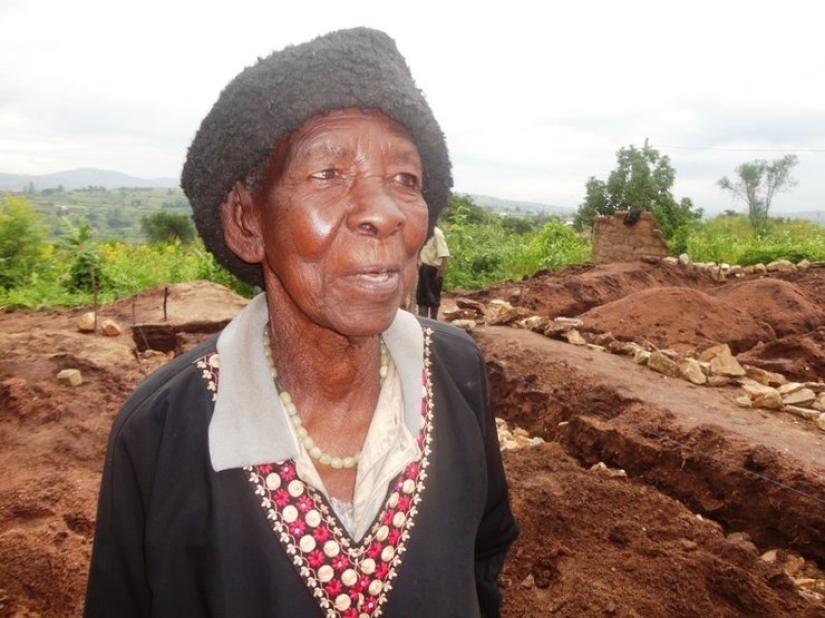
Her name was Zula Karuhimbi. She should be 92 years old now, but we don't know if she is alive, there is almost no news about her, and the only symbol of her mercy is a tree in the Garden of the Righteous in Padua, Italy.
It was that rare case when the superstition of Africans played into the hands of those who wanted to be saved. Zula had a bad reputation as a witch—and she was feared. She was driving the Interahamwe (Hutu organization) militants away from her house, where people whose names she didn't even know were hiding. Some of them spent their days crammed into a cramped hot basement, covered with dry leaves and baskets, others lay under the bed or in the attic, others sat among the branches of a plum tree near the house.
When the militants came, Zula smeared her hands with the juice of poisonous plants and touched the naked skin of the intruders — they were covered with ulcers. "They didn't understand what was going on and thought I cursed them," she says. — Then I went into the house and rattled everything that came to hand there, and I told the militants that it was the spirits who were angry. When I was accused of hiding Tutsis, I replied: "I'm a witch, everyone is afraid of me, no one comes to me.""
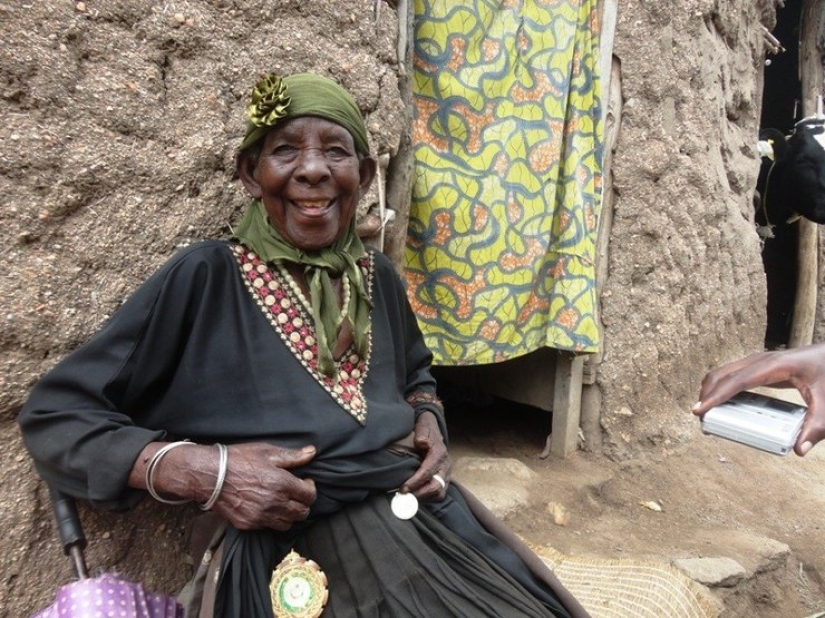
Once they tried to set fire to her house, another time they fired at her. But each time she managed to intimidate the militants that the wrath of the spirits would fall on their families, and they retreated.
Zula Karuhimbi saved a lot of people: more than 100 Tutsis, about 50 Hutus and three whites.
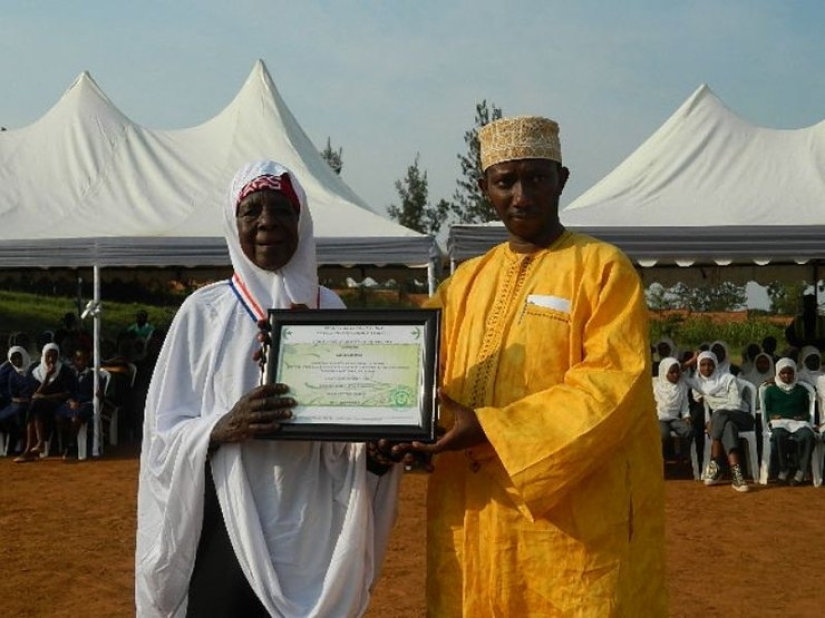
In 2006, Zulu Karuhimbi was awarded a medal for his participation in the fight against genocide. It was presented by the President of Rwanda, Paul Kagame, whom — how strange life is — Zula also saved during the previous outbreak of violence in 1959, when he was only two years old. His family lived in a nearby village. "When the attacks on Tutsis began, I took off my beads, gave it to my mother and told her to weave beads into the child's hair, and tell everyone that it was a girl. Then only boys were killed, and that's how he survived," she says. Later, Paul Kagame became the commander of the Patriotic Front of Rwanda, whose army put an end to the genocide.
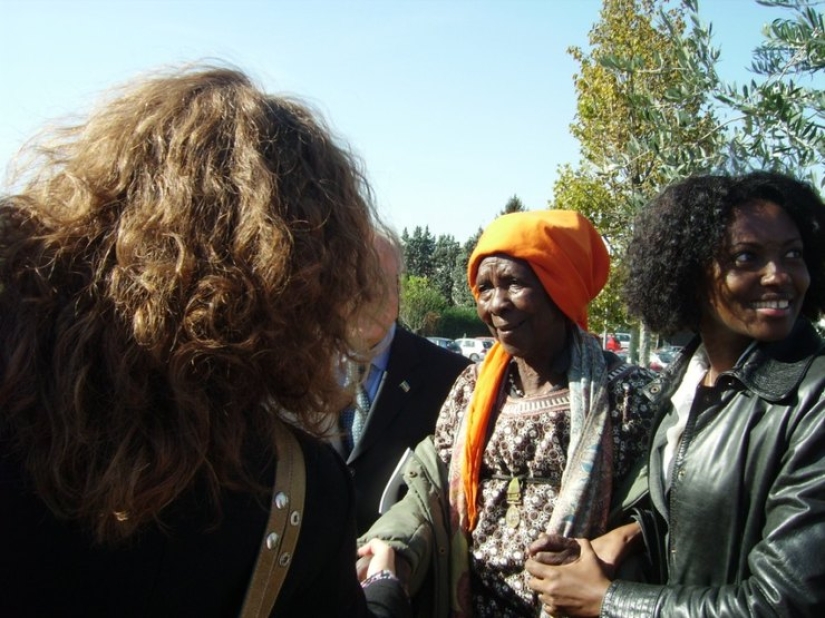
Zulu Karuhimbi was invited to Padua, Italy, where she planted her olive tree in the Garden of the Righteous — a stele in her honor was opened there. But Zula can't read, so now she can't even really remember the name of the country she visited.
Previously, Zula lived by selling vegetables from her garden at the local market. But now she no longer has the strength to do this, and she gets the means for food in the same way as her ancestors, hereditary healers. Zula doesn't like being called a witch, she prefers the word "healer". He says that he knows how to brew potions that will cure a headache, correct appearance flaws or help find a job. In front of her house, herbs are drying in the sun.
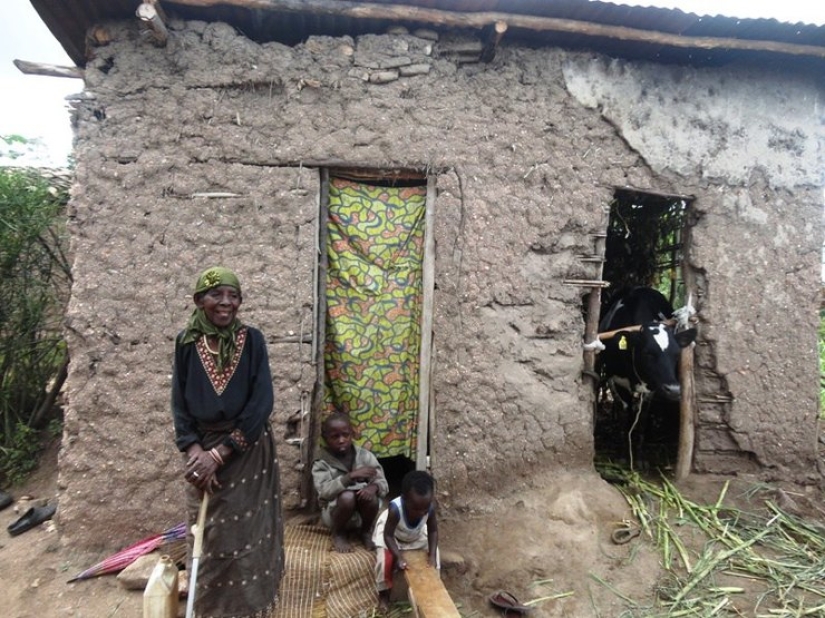
However, fewer and fewer customers come to her. This is partly due to the spread of education — people trust doctors more than village witches.
But there is a worse reason: as in all of Africa, a witch hunt is spreading in Rwanda. Preachers of Christian churches play an important role in this, calling for the expulsion or killing of witches and healers. This is a big problem for all Third world countries.
Keywords: Witch | Rwanda | Salvation
Post News ArticleRecent articles

It's high time to admit that this whole hipster idea has gone too far. The concept has become so popular that even restaurants have ...

There is a perception that people only use 10% of their brain potential. But the heroes of our review, apparently, found a way to ...
Related articles

A dog is the only creature on earth who loves you more than himself. There is no more reliable and reliable creation. Who else will ...

All women are witches, but not all have real secret knowledge. American photographer Frances F. Denny (Frances F. Denny) decided to ...

Witch hunts claimed the lives of thousands of women-young and old-between the 14th and 18th centuries. Mass hysteria over ...

New Year's is a time to surprise and delight loved ones not only with gifts but also with a unique presentation of the holiday ...